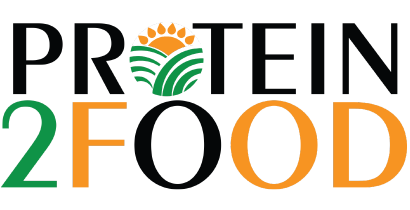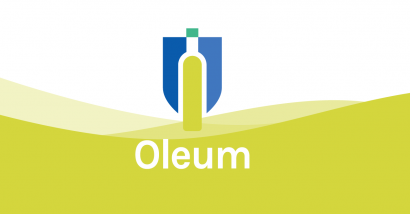International project pioneers crops for future generations (PROTEIN2FOOD)
Last Updated : 10 June 2015Thirty percent, is the expected growth of the world population over the coming 35 years. This requires not only a more efficient food production, but also more nutritious, safe and affordable foods with limited impact on our planet. This poses a huge challenge that requires “direct action to conserve, protect and enhance natural resources”.1
Land, water and energy resources are increasingly scarce. One of the five Strategic Objectives of the United Nations’ Food and Agricultural Organization (FAO) is therefore to increase productivity as well as sustainability of agriculture.1 Changing our dietary patterns, with more proteins from plant sources, will not only lead to a more efficient use of resources, but also improve the nutritional quality of our diets. In attempt to raise public awareness of these benefits of protein-rich vegetable crops, FAO declared 2016 as the “International Year of Pulses”.2 Pulses are edible seeds that grow in a pod and include for example chickpeas, dry lentils and lupins, but exclude crops that are harvested green for food (green peas, green beans, etc.), which are classified as vegetable crops.3
Eating more protein from high nutritional value vegetable food sources, which will benefit the health of both people and planet, is exactly what the PROTEIN2FOOD research project aims to achieve.
Aims of the PROTEIN2FOOD project
PROTEIN2FOOD has committed to improve the quality and consumption of plant-based protein sources. The researchers focus on high quality seed crops, such as quinoa, amaranth and buckwheat, and grain legumes, including lupin, faba bean, chickpea and lentils. These crops have a high nutritional value and grow easily in almost all soils. However, their consumption is currently almost negligible in the European diet.
The project has set the ambitious goal to increase plant-based protein production by 25% with novel and improved breeding techniques and crop management, and to increase Europe’s land used for growing protein-crops by 10%. The overall aim is to speed up the switch in consumption of animal-based to plant-based protein in Europe, and thereby make diets more sustainable for our planet.
Dr Sven-Erik Jacobsen, the project coordinator from the University of Copenhagen, said that the new protein-rich foods coming out of PROTEIN2FOOD “will put Europe on the map of technological innovations”.
About PROTEIN2FOOD The PROTEIN2FOOD project started in March 2015 and will be running for five years. The project is coordinated by the Department of Plant and Environmental Sciences, Faculty of Science, at the University of Copenhagen. Nineteen organisations from thirteen countries collaborate in this multi-disciplinary project, including experts in plant breeding, farming, food ingredient production, and product manufacturing. The research and activities conducted within the project are divided over six areas:
- Crop production
- Protein extraction and processing
- Food processing
- Market analysis
- Sustainability assessment
- Communication, dissemination and social innovation.
PROTEIN2FOOD receives funding from the EU research and innovation framework programme, Horizon2020, under the Societal Challenge 2 – Food Security, Sustainable Agriculture and Forestry, Marine, Maritime and Inland Water Research and the Bioeconomy. Grant agreement No 635727.
For more information, please visit: http://www.protein2food.eu/.
References
- FAO (2014). Building a common vision for sustainable food and agriculture - Principles and approaches. Rome: FAO. E-ISBN 978-92-5-108472-4.
- FAO (2015). 2016 International Year of Pulses – Nutritious seeds for a sustainable future.
- FAO (2014). FAO Statistical Yearbook 2014 – Europe and Central Asia Food and Agriculture. Budapest: FAO. E-ISBN 978-92-5-108168-6.



